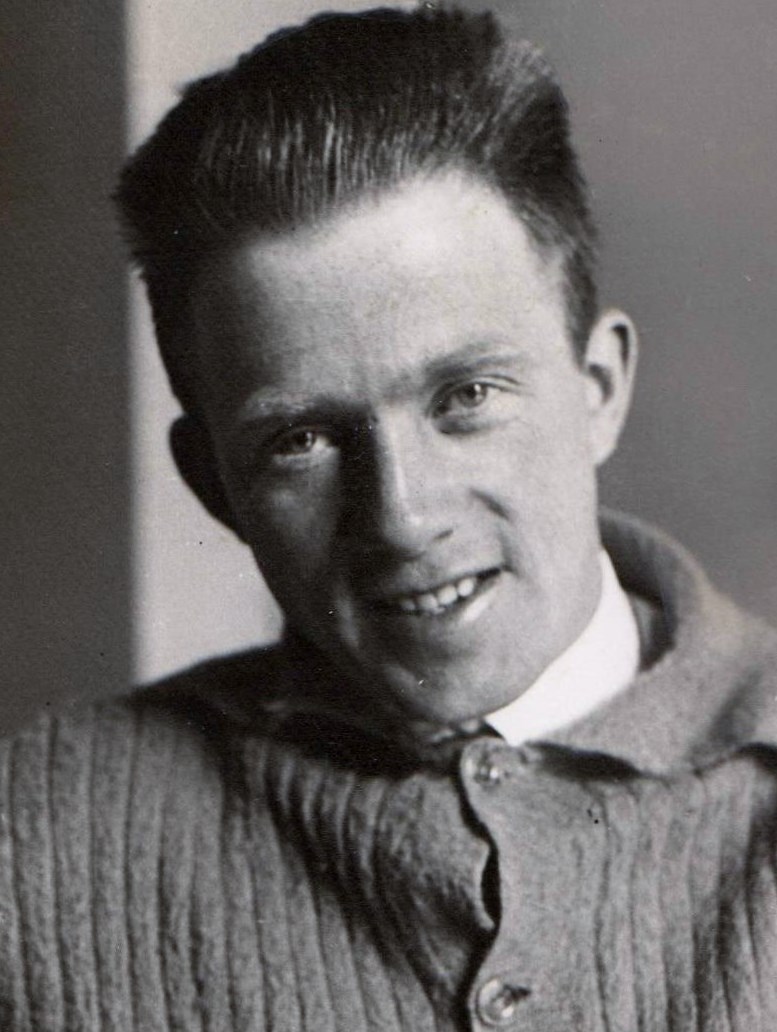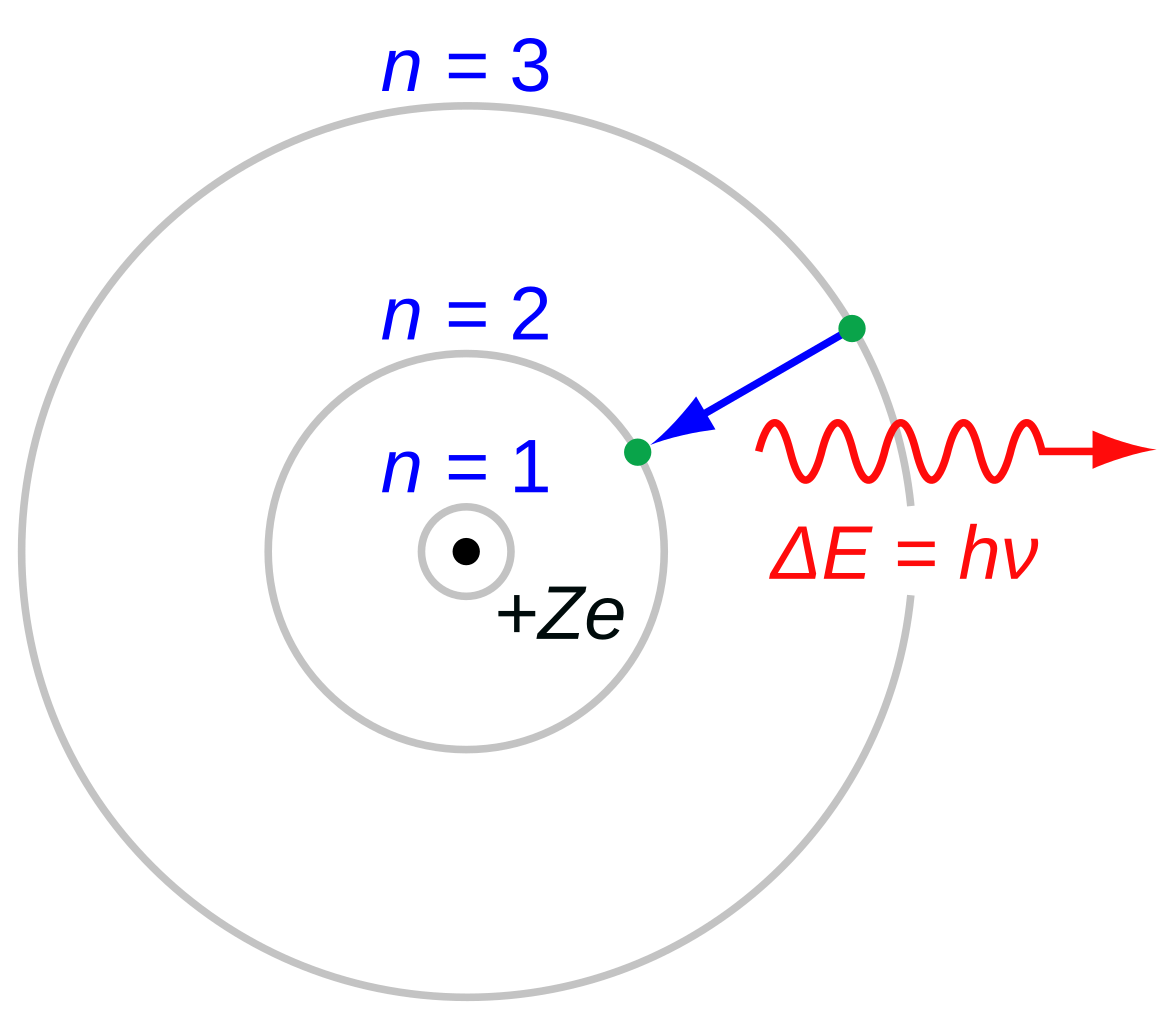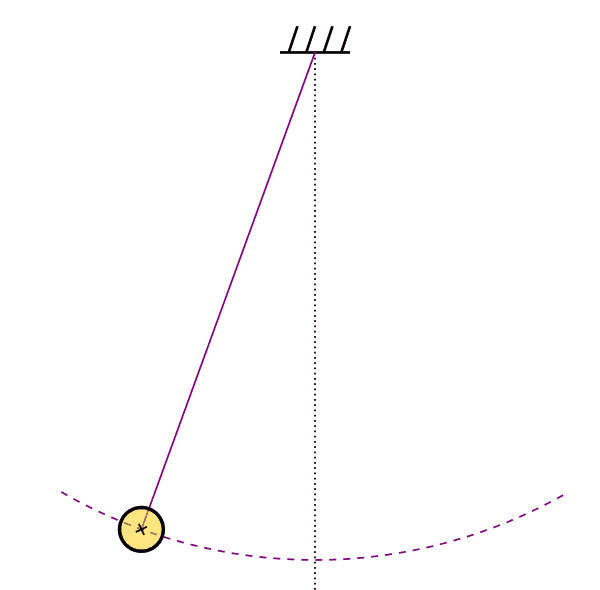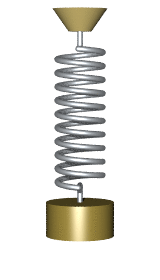The pursuit of exactness in quantum physics
Zapytaj Fizyka public lecture series
Warsaw, 15 April 2025Jean-Sébastien Caux

Beginnings
Astronomy

Quantum mechanics
The quantum hypothesis
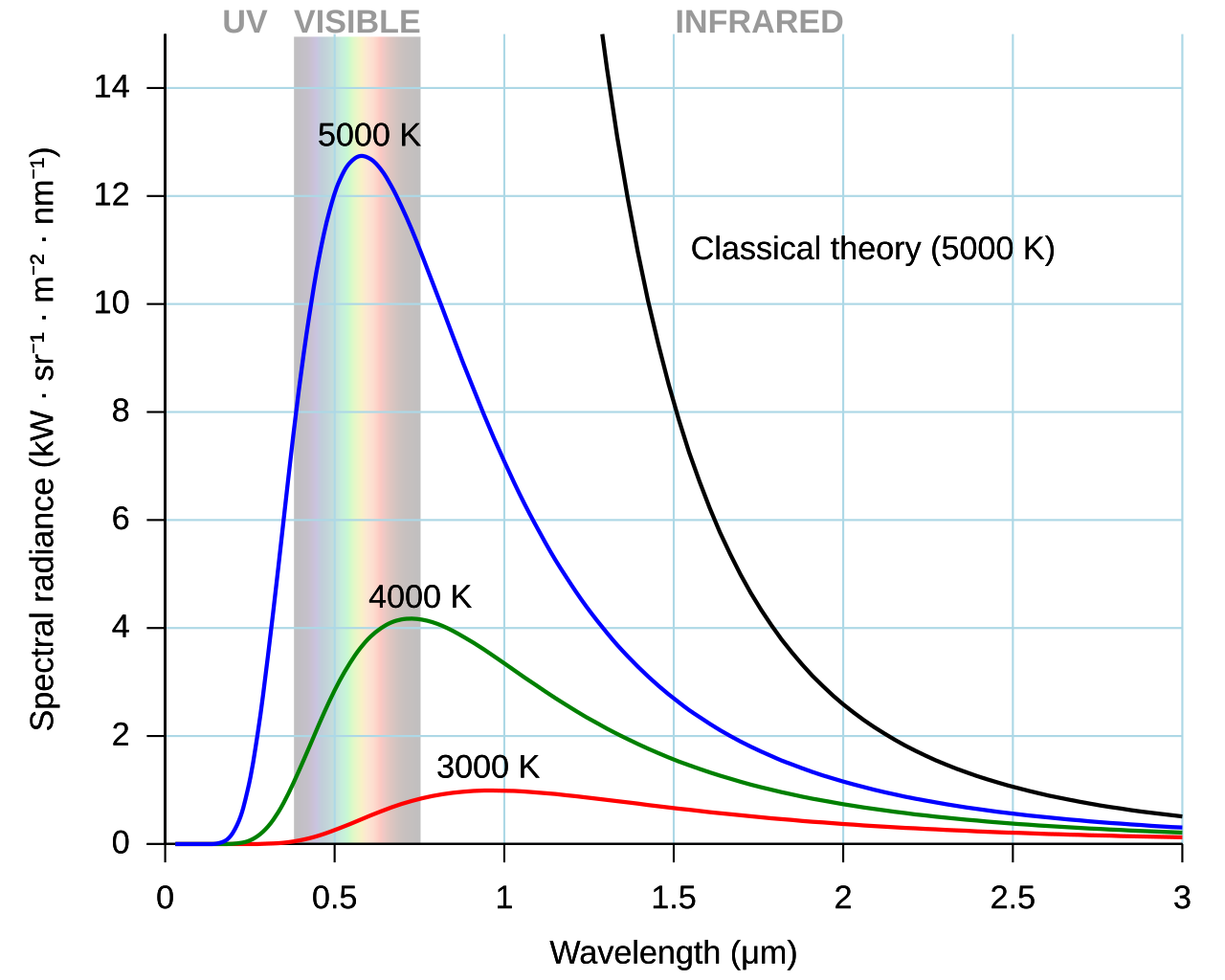
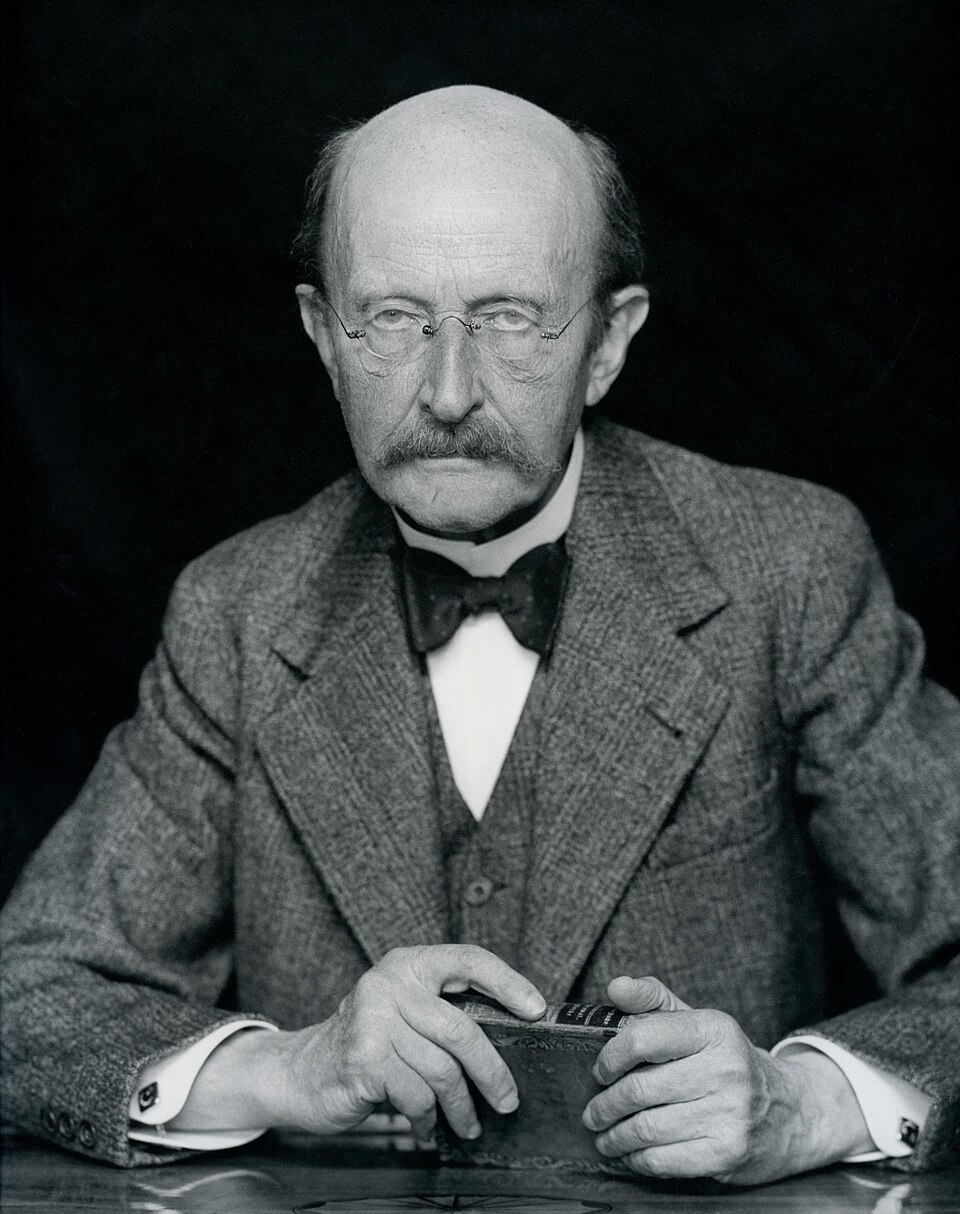
Max Planck (1858-1947)
Quantum mechanics
'Matrix mechanics'
\[ \left[ q, p \right] = qp - pq = i \hbar \]
Uncertainty relation:
\[ \Delta q ~\Delta p \geq \frac{\hbar}{2} \]
Quantum mechanics
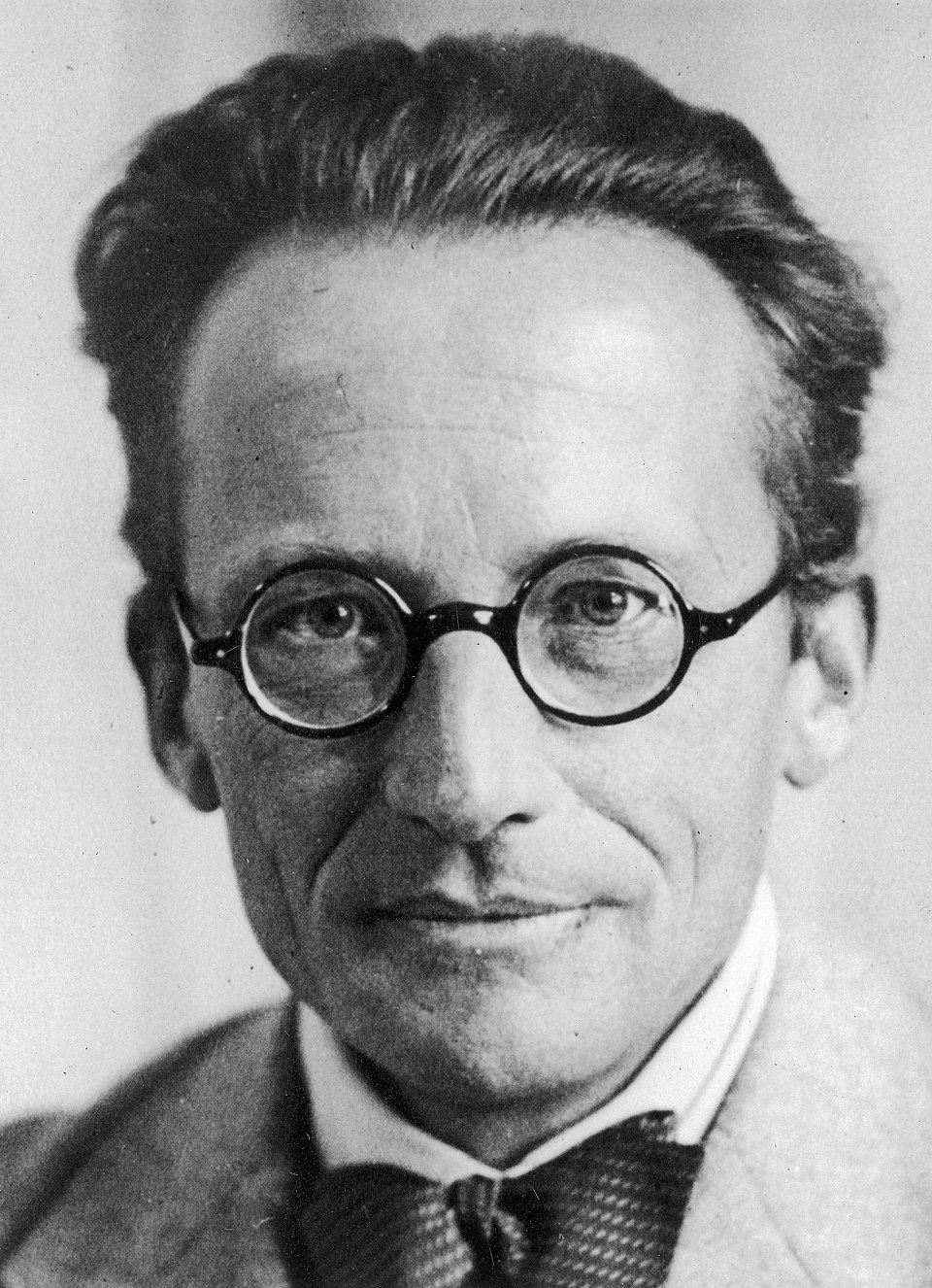
Erwin Schrödinger (1887-1961)
'Wave mechanics'
\[ i\hbar \frac{\partial}{\partial t} \Psi = H \Psi \]
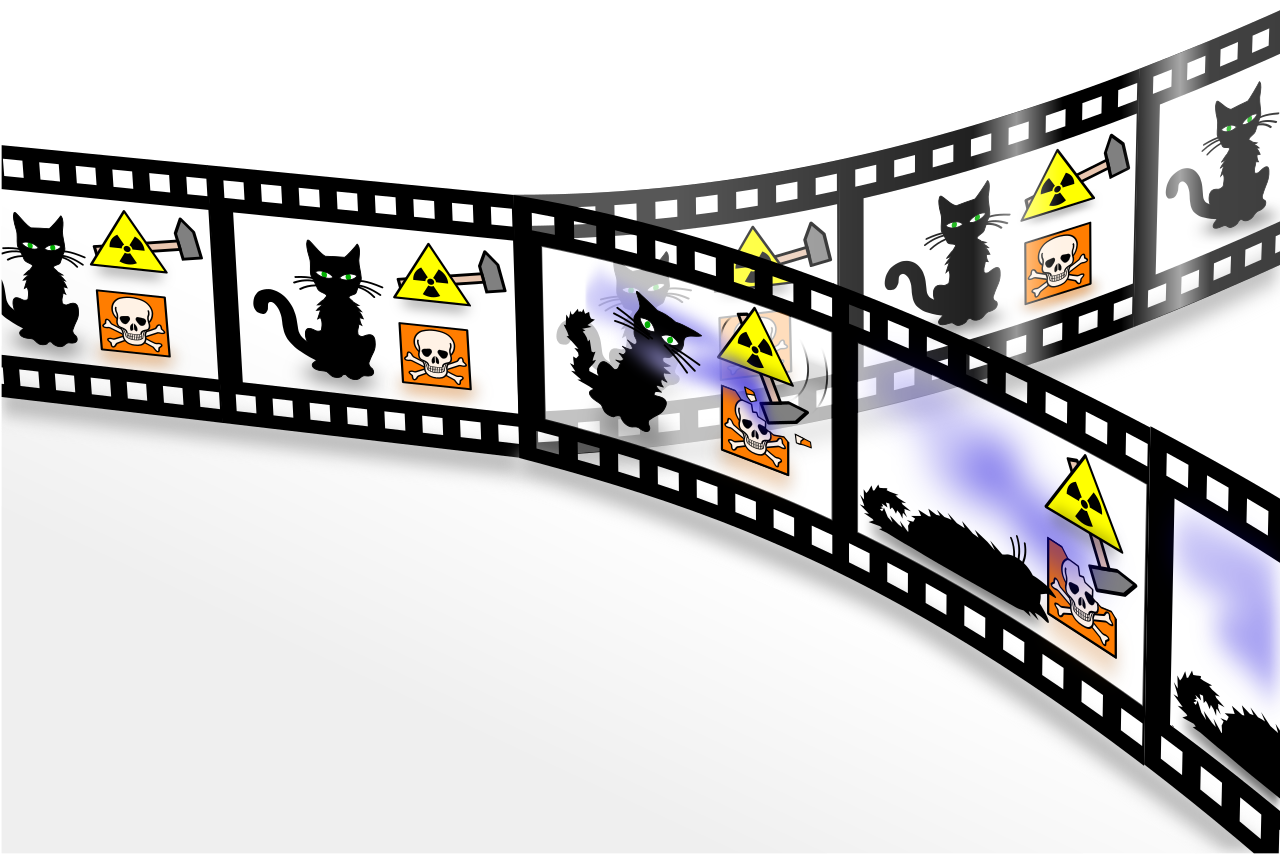
Quantum mechanics
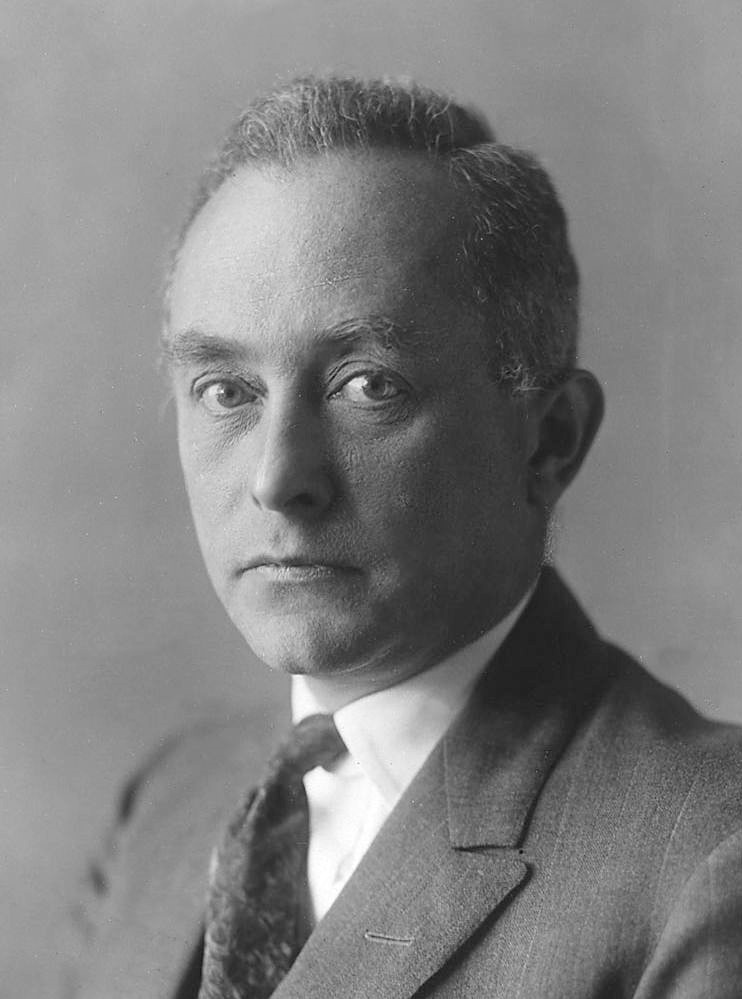
Max Born (1882-1970)
Probability interpretation
\[ p(x) = \left| \Psi(x) \right|^2 \]
Max Born (Nobel 1954 lecture)
I believe that ideas such as absolute certitude, absolute exactness, final truth, etc. are figments of the imagination which should not be admissible in any field of science.
On the other hand, any assertion of probability is either right or wrong from the standpoint of the theory on which it is based.
This loosening of thinking (Lockerung des Denkens) seems to me to be the greatest blessing which modern science has given to us.
For the belief in a single truth and in being the possessor thereof is the root cause of all evil in the world.
The Bohr atom
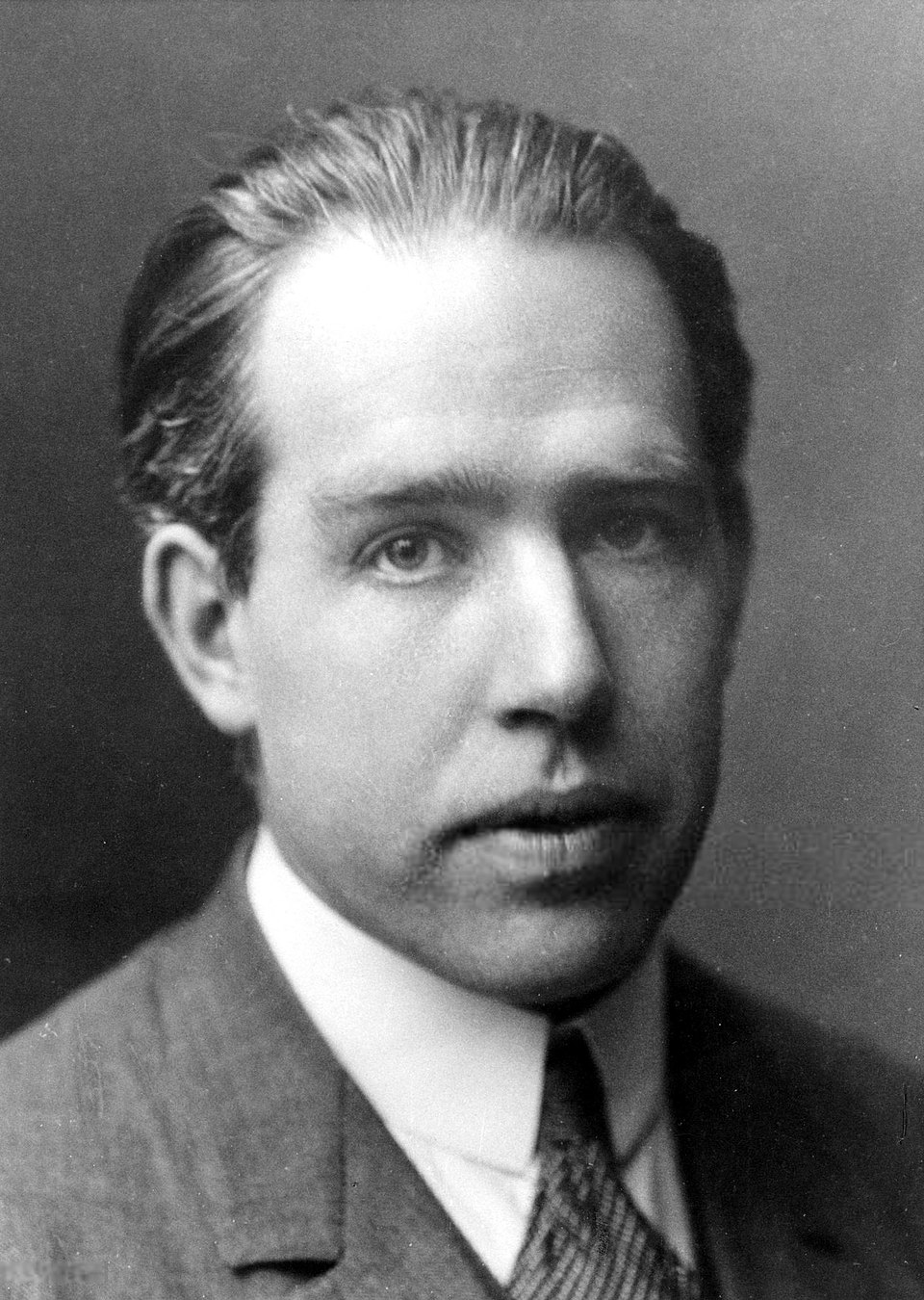
Niels Bohr (1885-1962)
The periodic table
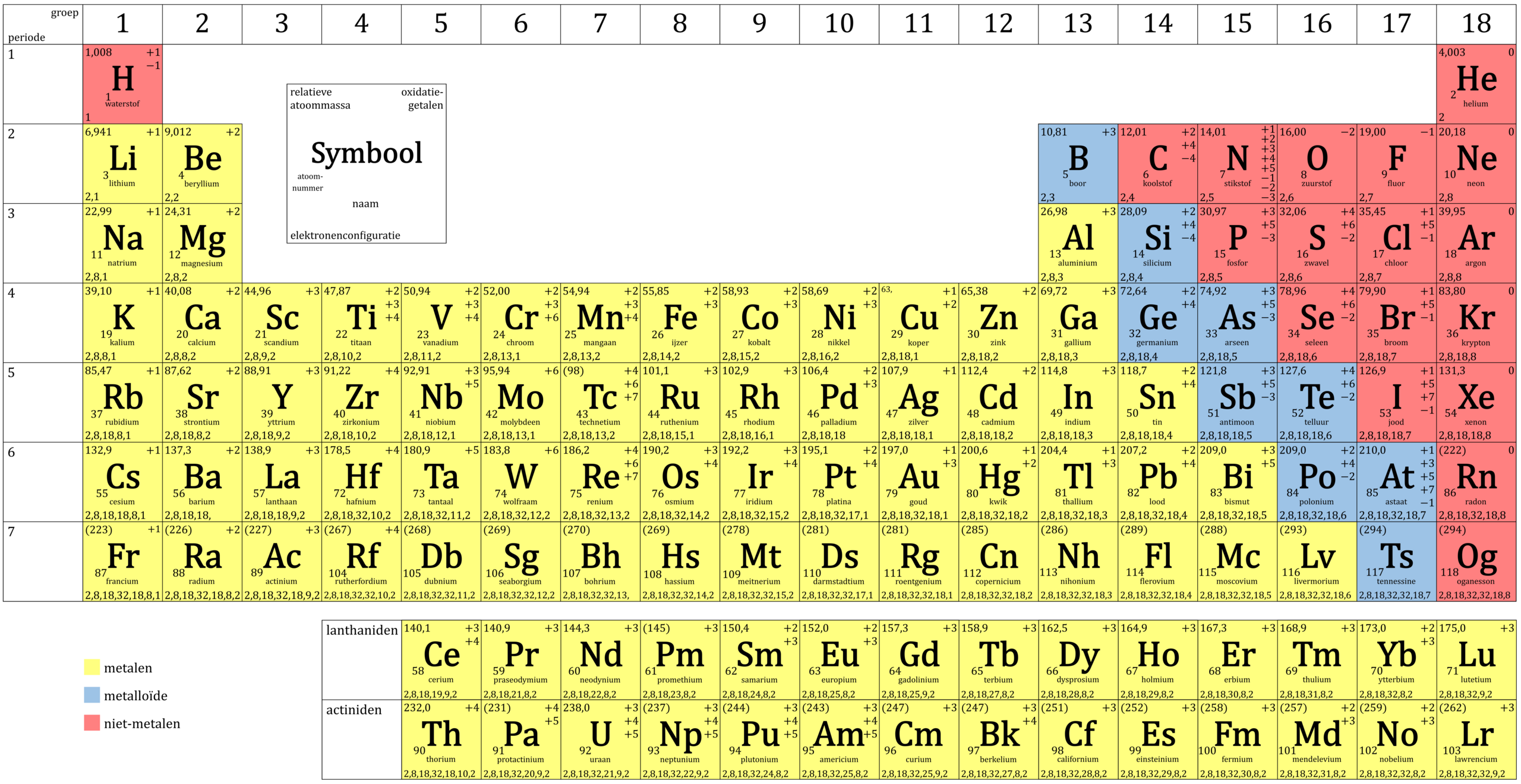
The solvable, and the unsolvable
The two-body problem
aka the Kepler problem
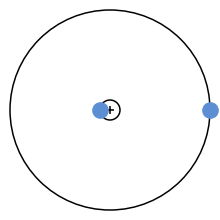
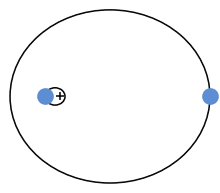
Harmonic oscillator
The only thing we know how to solve?
The three-body problem
How complicated can it be?

In general: unsolvable!
Heisenberg model
\[ H = \sum_j S_j \cdot S_{j+1} \]
| 🠙 | 🠛 | 🠙 | 🠛 | 🠙 | 🠛 | 🠙 | 🠛 | 🠙 | 🠛 |
Many-body physics
Unpredictable many-body physics
Superconductivity
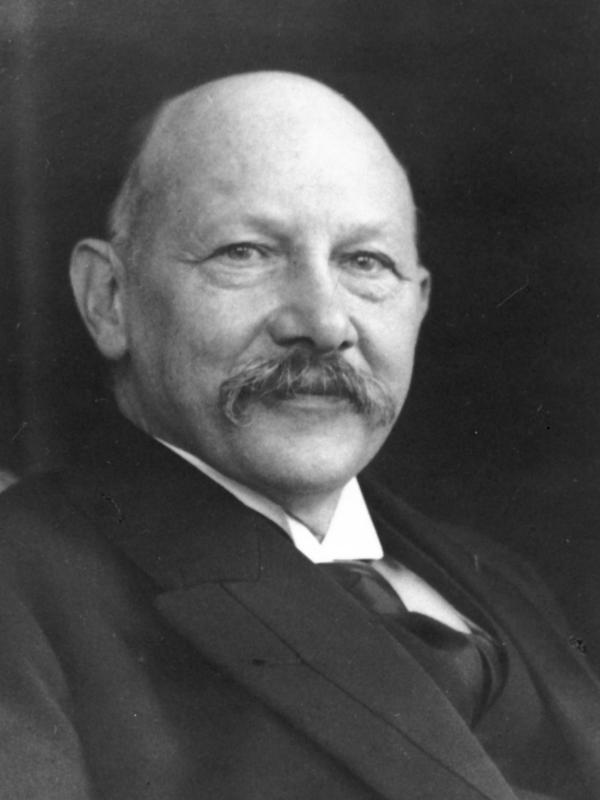
Heike Kamerlingh Onnes (1853-1926)
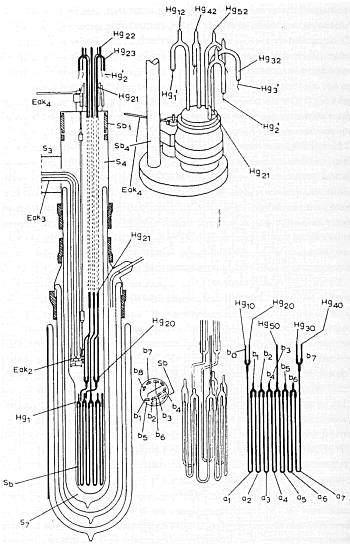
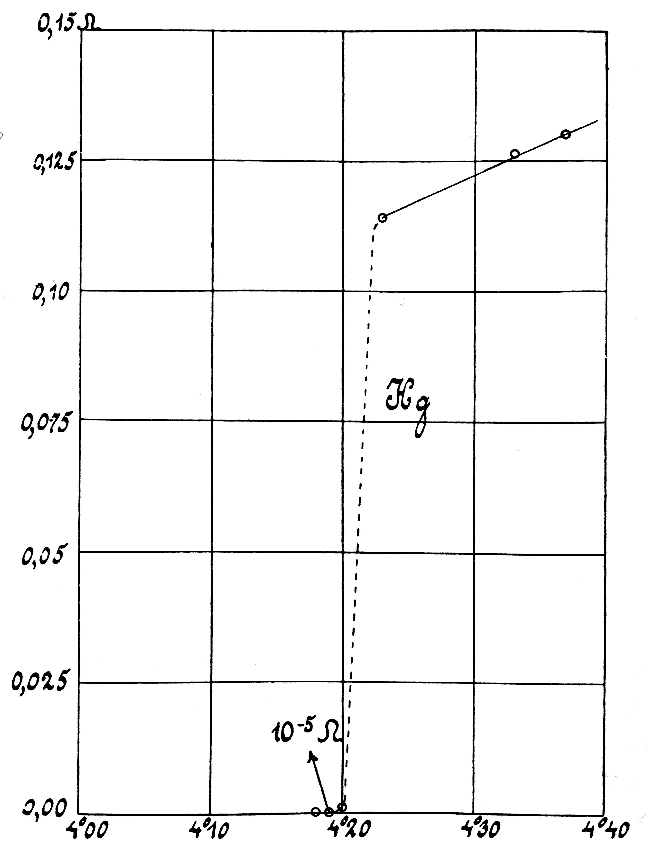
Integrability
Bethe's solution of Heisenberg's model
| 🠙 | 🠛 | 🠙 | 🠛 | 🠙 | 🠛 | 🠙 |
Exact solution (1931) using the 'Bethe Ansatz'
Energy levels exactly calculated
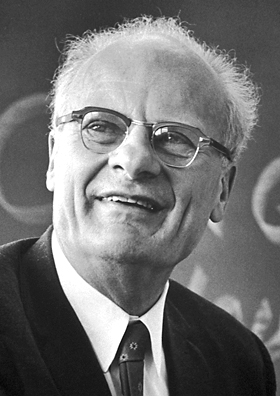
Hans A. Bethe (1906-2005)
Exact solutions versus strong correlations

John Scott Russell: legend or truth?
John Scott Russell
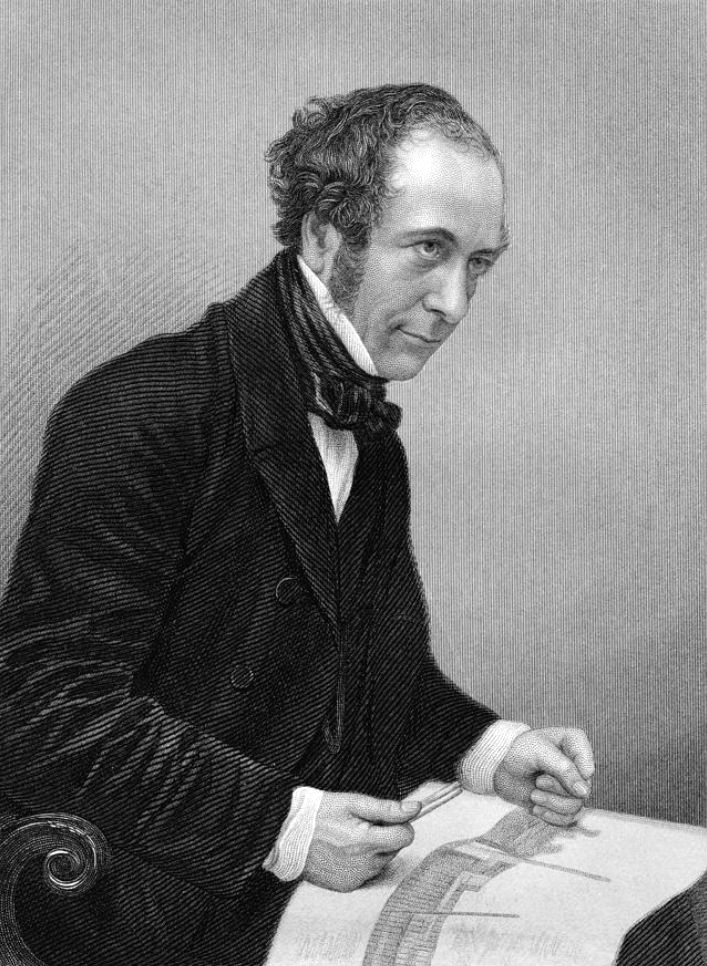
John Scott Russell (1808-1882)
Solitary wave of translation

Herriot-Watt University
Boussinesq, Korteweg & de Vries
\[ \partial_t \phi + \partial_x^3 \phi - 6\phi \partial_x \phi = 0 \]
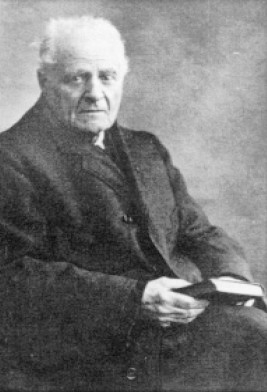
Joseph Boussinesq (1842-1929)
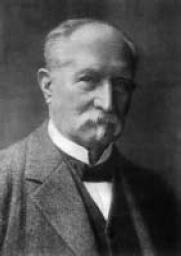
Diederik Korteweg (1848-1941)
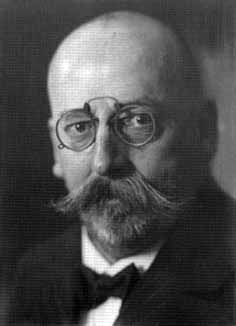
Gustav de Vries (1866-1934)
The baffling absence of ergodicity
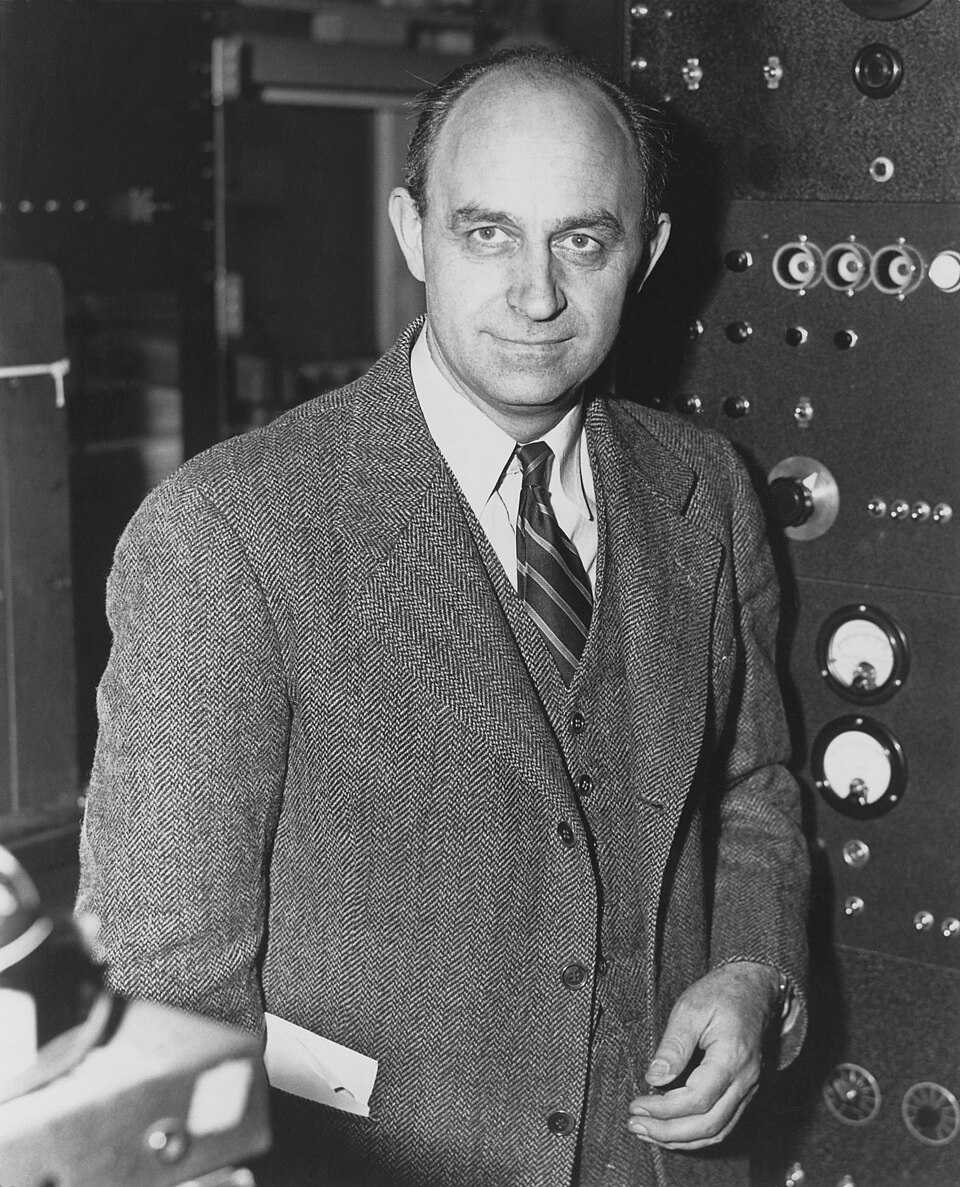
Enrico Fermi (1901-1954)
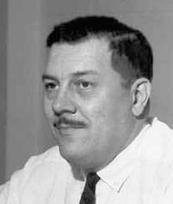
© LANL
John Pasta (1918-1984)
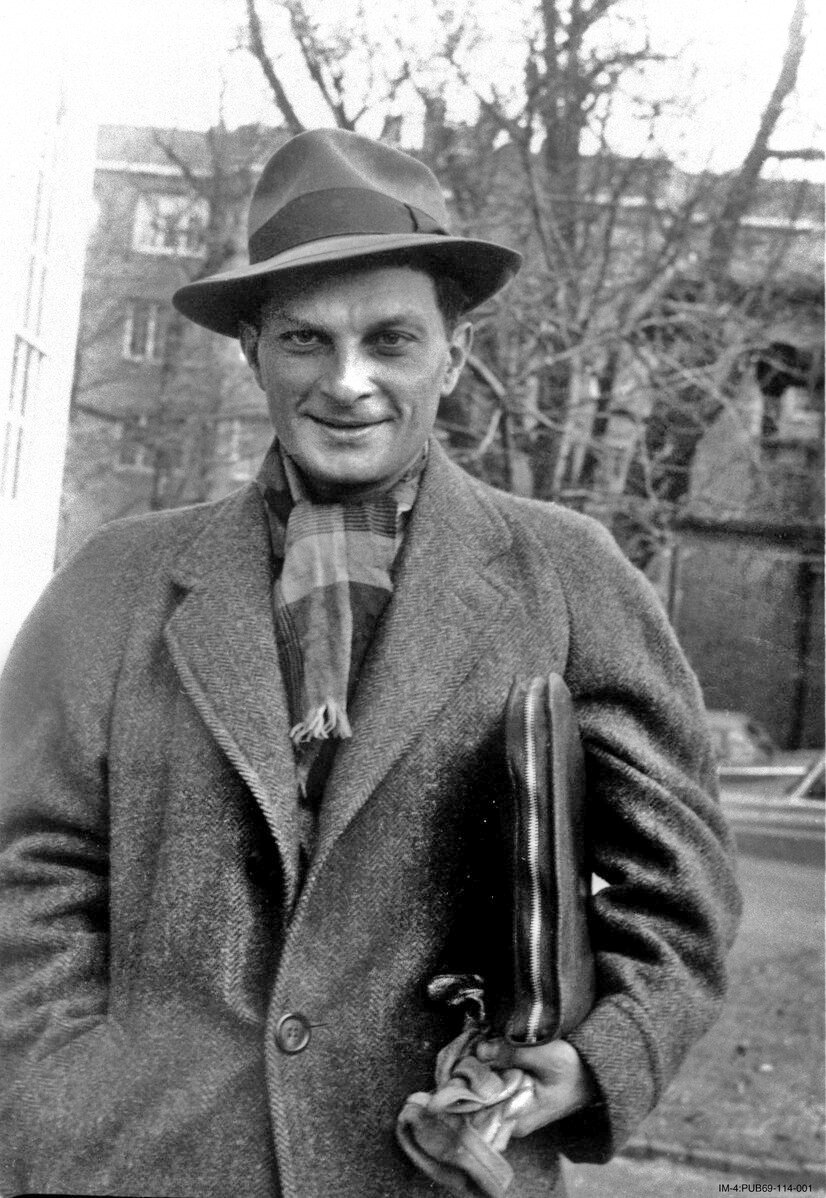
© LANL
Stanisław Ulam (1909-1984)
Fermi-Pasta-Ulam-Tsingou
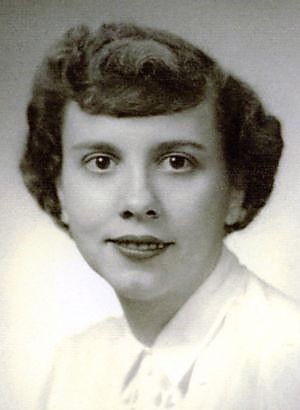
© LANL
Mary Tsingou (1928-)
The theory of solitons
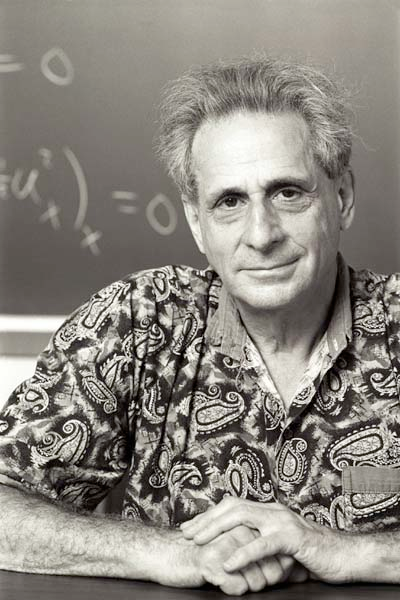
Martin Kruskal (1925-2006)
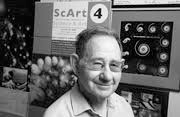
Norman Zabusky (1929-2018)
Classical inverse scattering method
Symmetries and conservation laws

Emmy Noether (1882-1935)
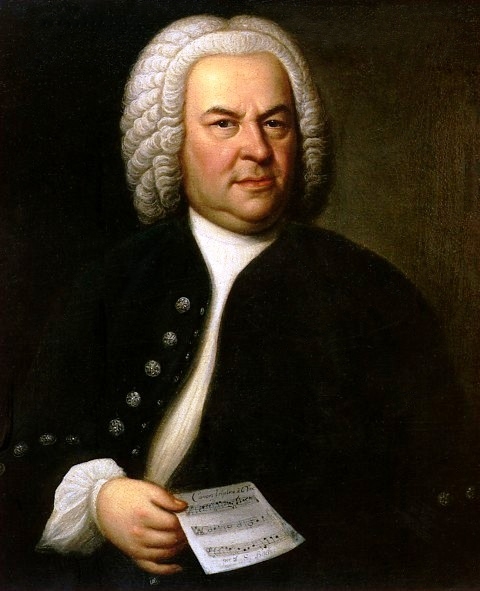
Quantum integrability

Chen Ning Yang (1922-)
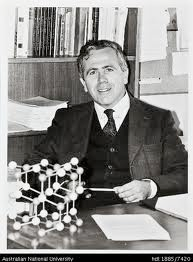
Rodney Baxter (1940-)
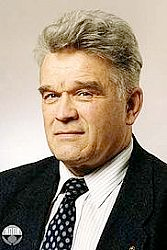
Ludvig Faddeev (1934-2017)
The power of integrability

Hans A. Bethe (1906-2005)
Experiments
Copper sulfate (CuSO4)

CuSO4: artist's view

Rogier Hiorns: Seizure
CuSO4: scientist's view

⤷ modeled by ⤵
| 🠙 | 🠛 | 🠙 | 🠛 | 🠙 | 🠛 | 🠙 | 🠛 |
Neutron scattering
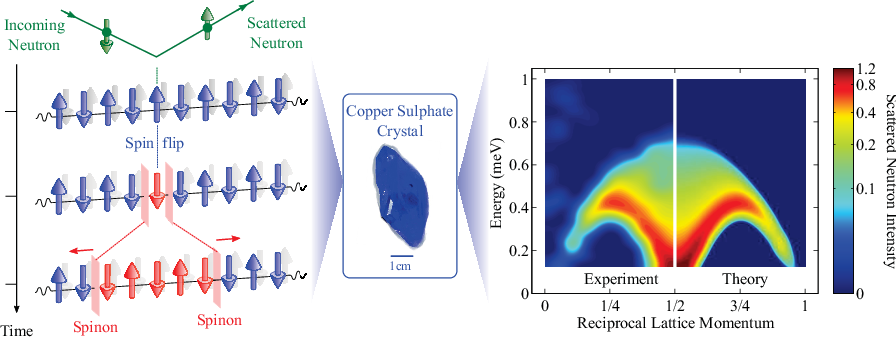
Applications of integrability
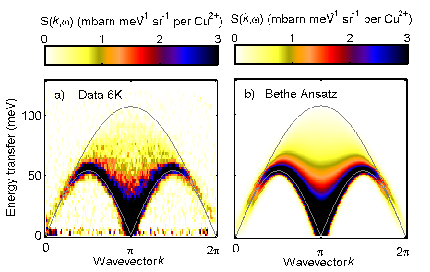
Quantum magnetism
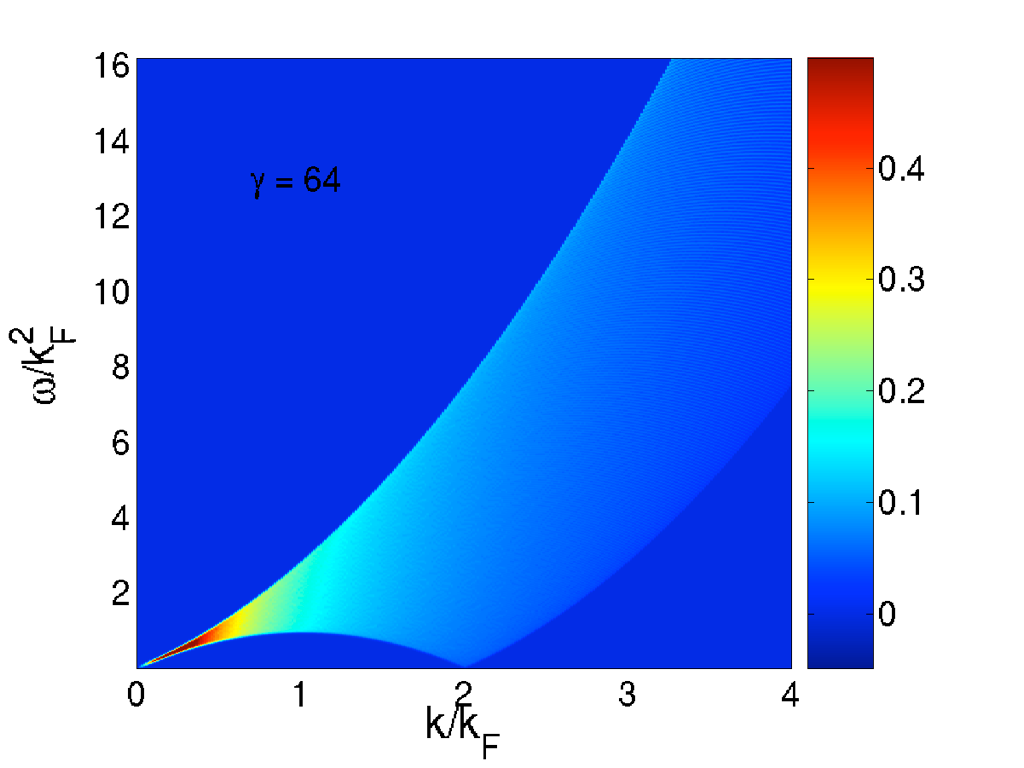
Cold atoms
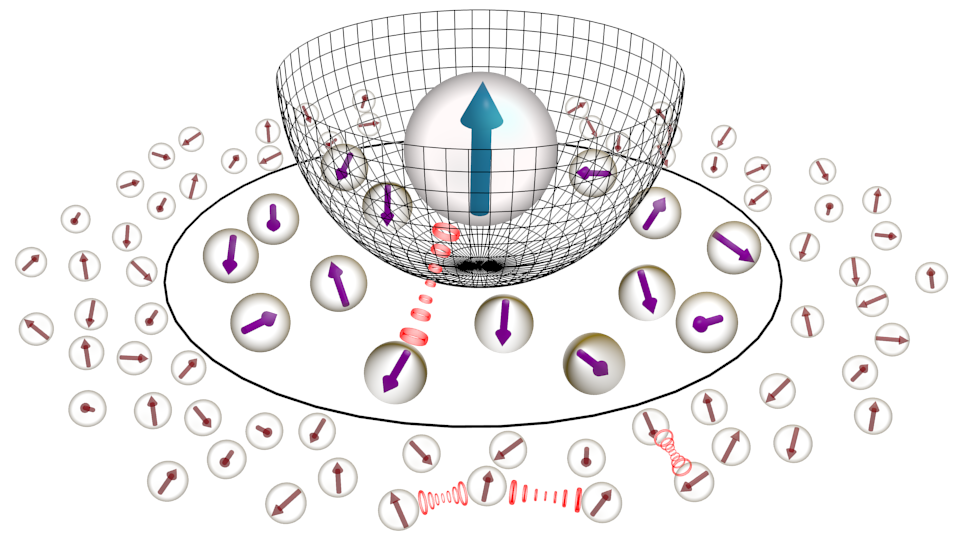
Quantum dots
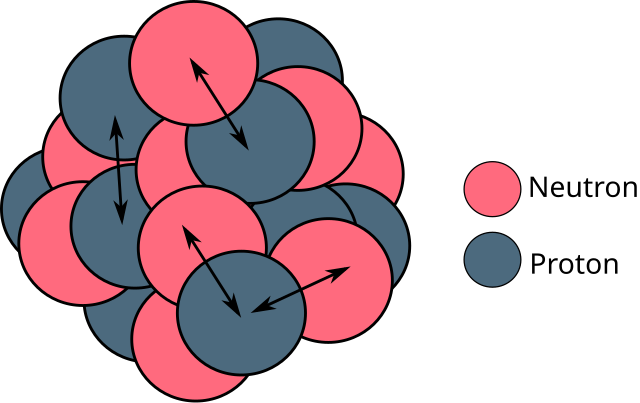
Atomic nuclei
Integrability's recent history
A future out of equilibrium
Kapitsa's pendulum
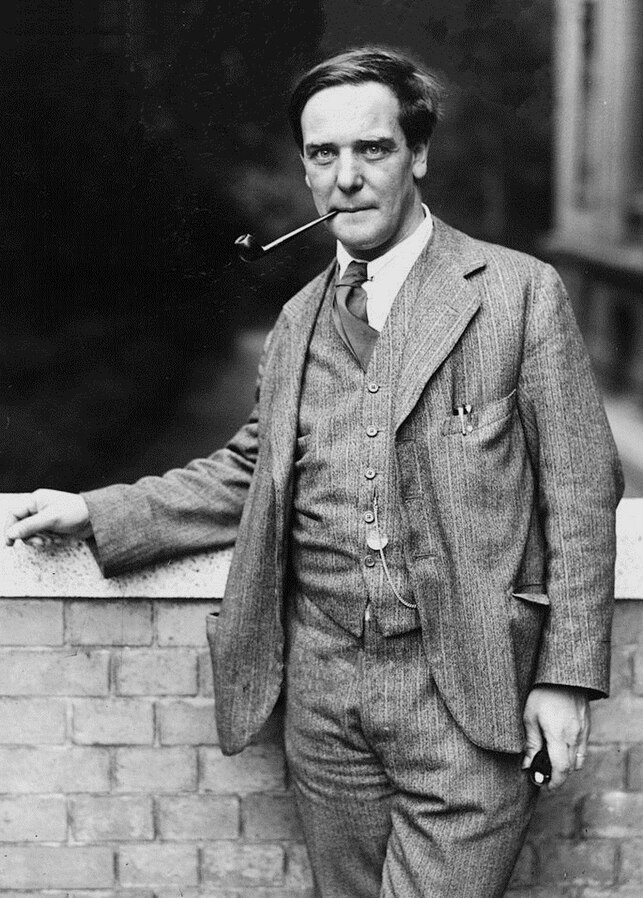
Pyotr L. Kapitsa (1894-1984)
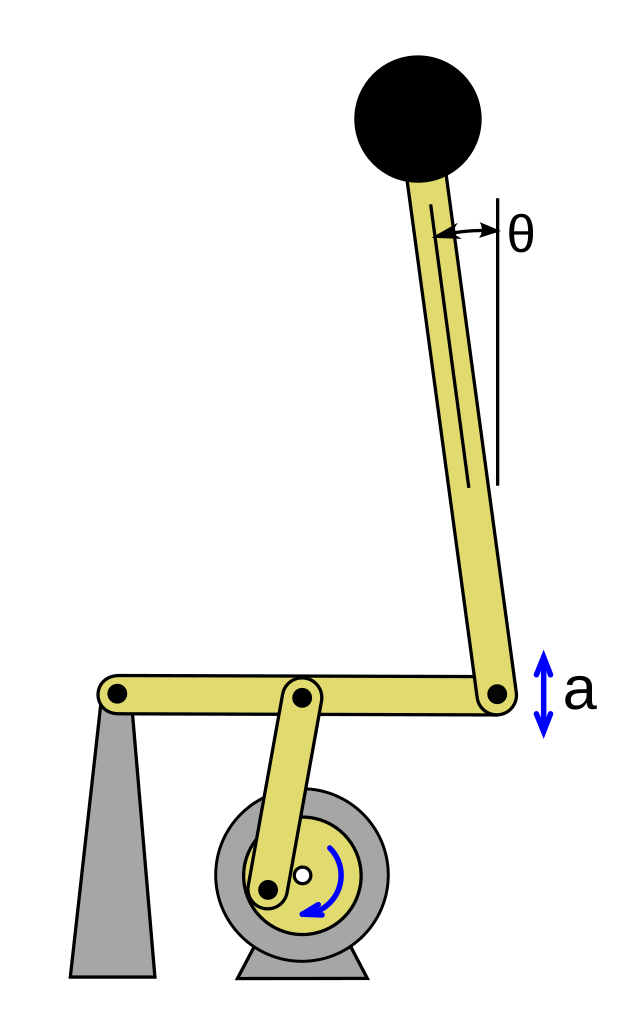
Kapitsa's pendulum

Pyotr L. Kapitsa (1894-1984)
